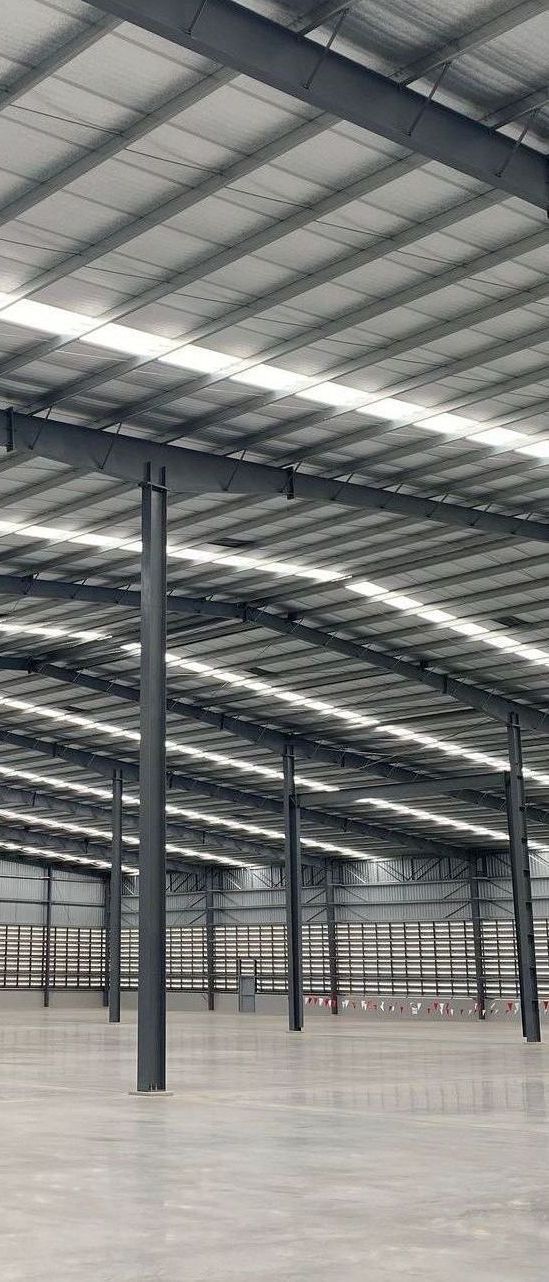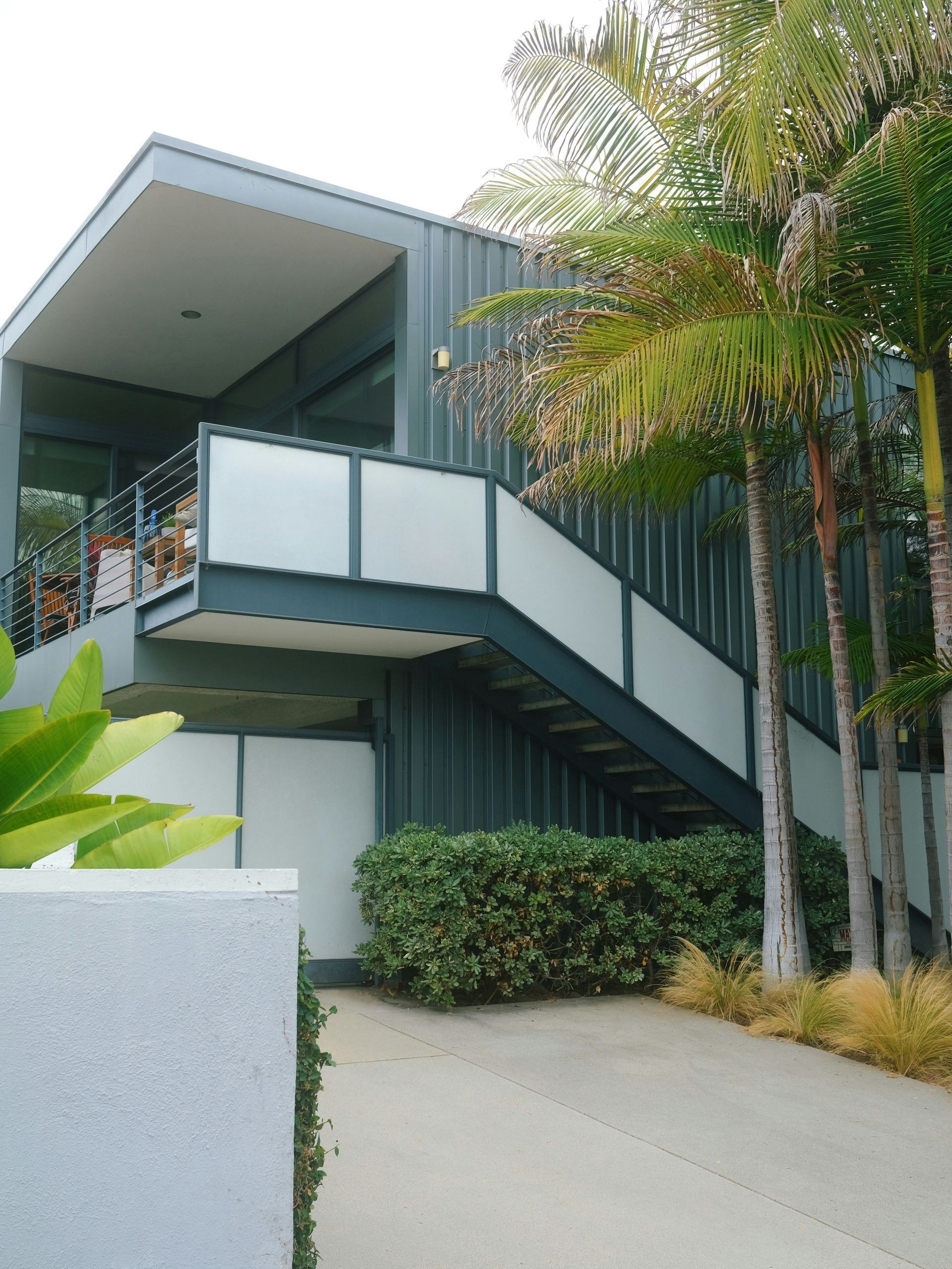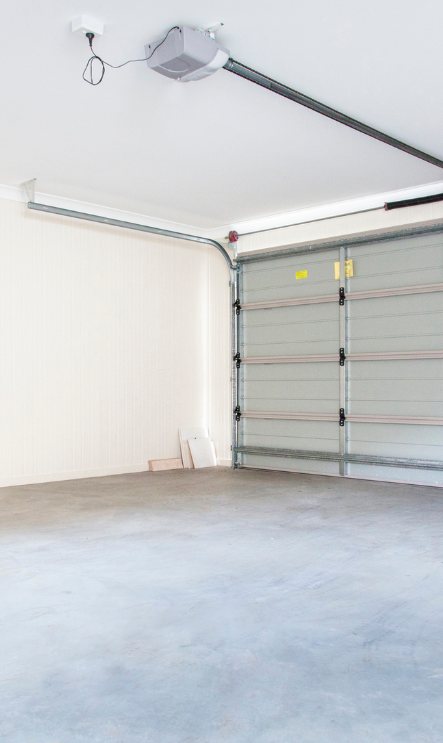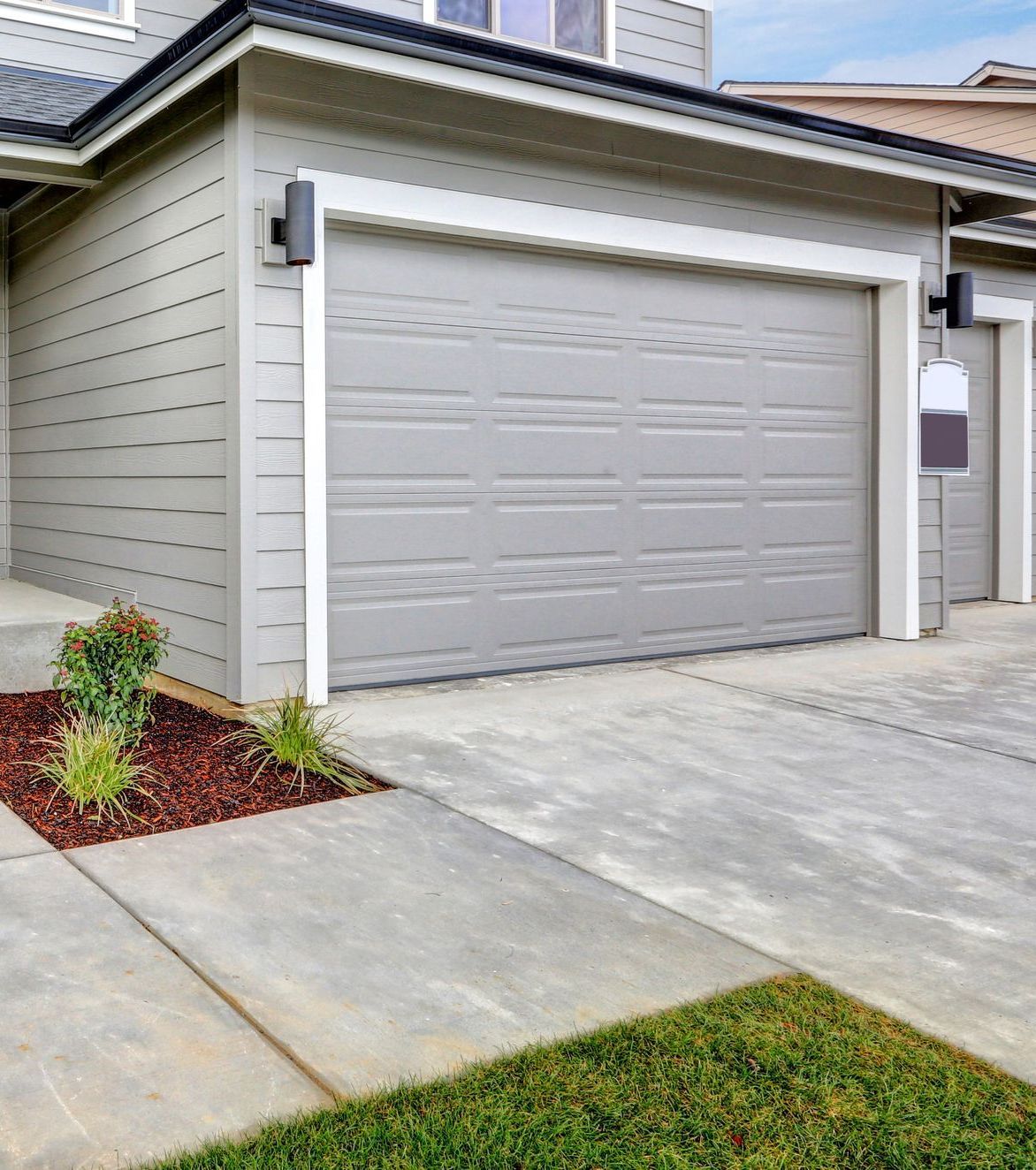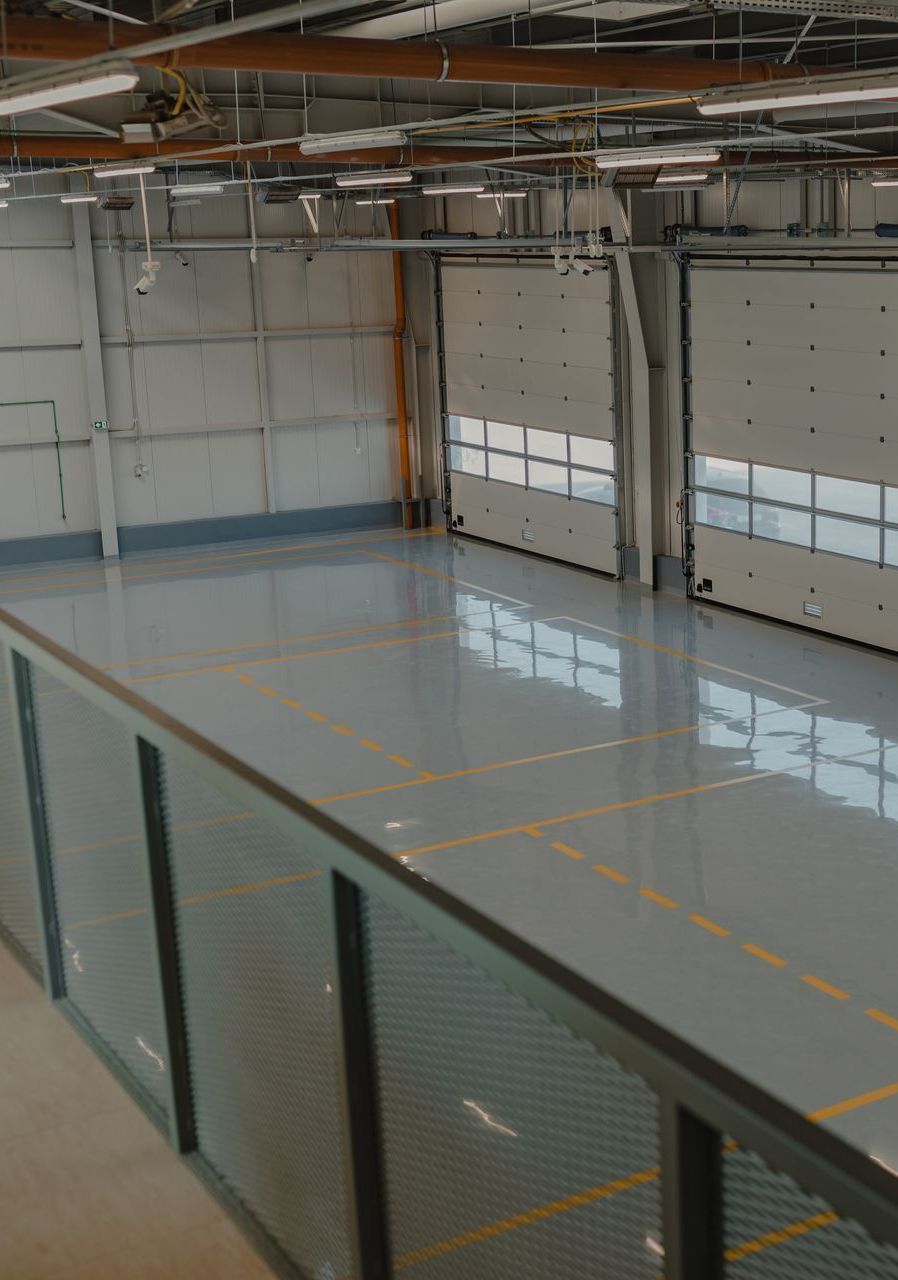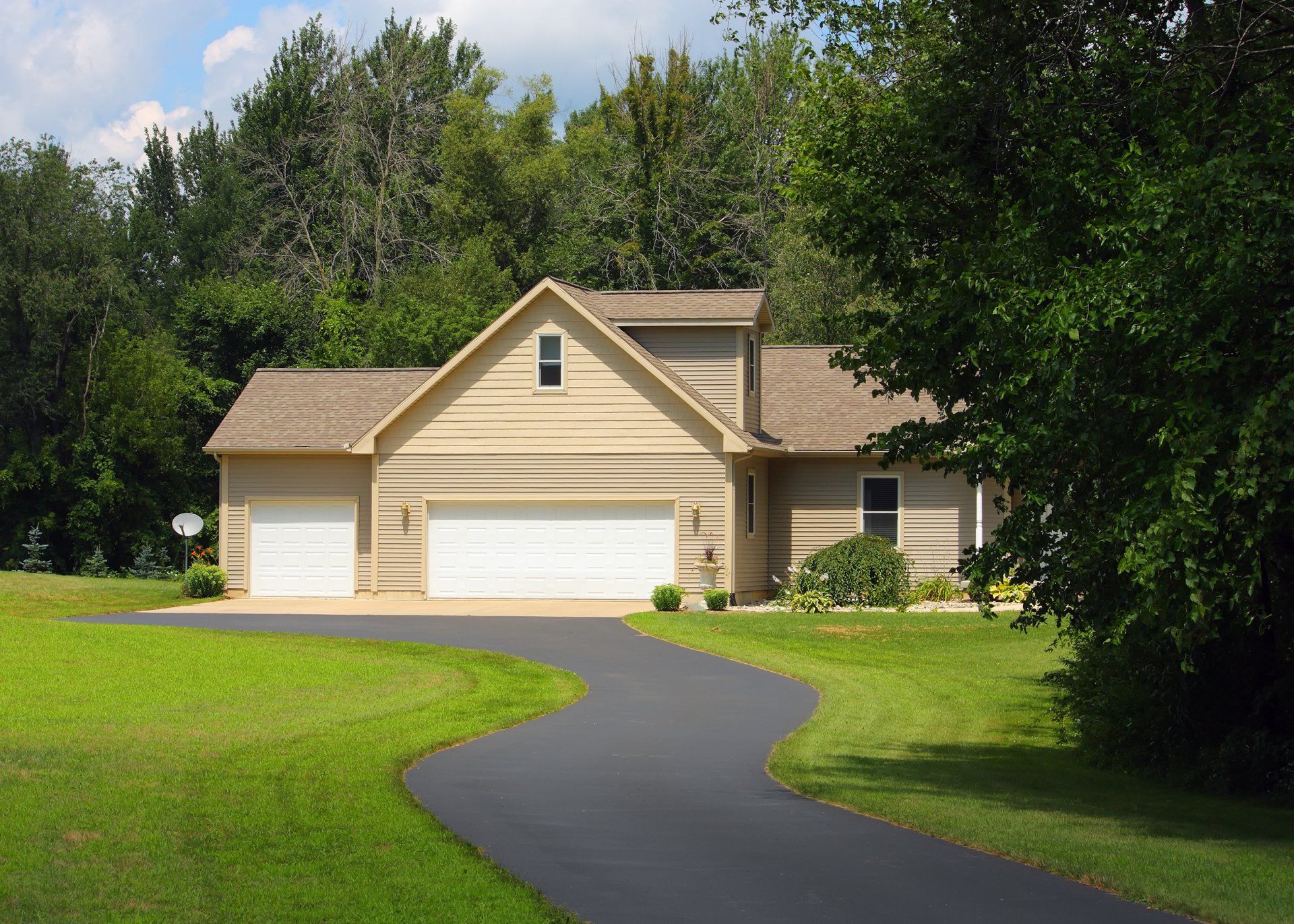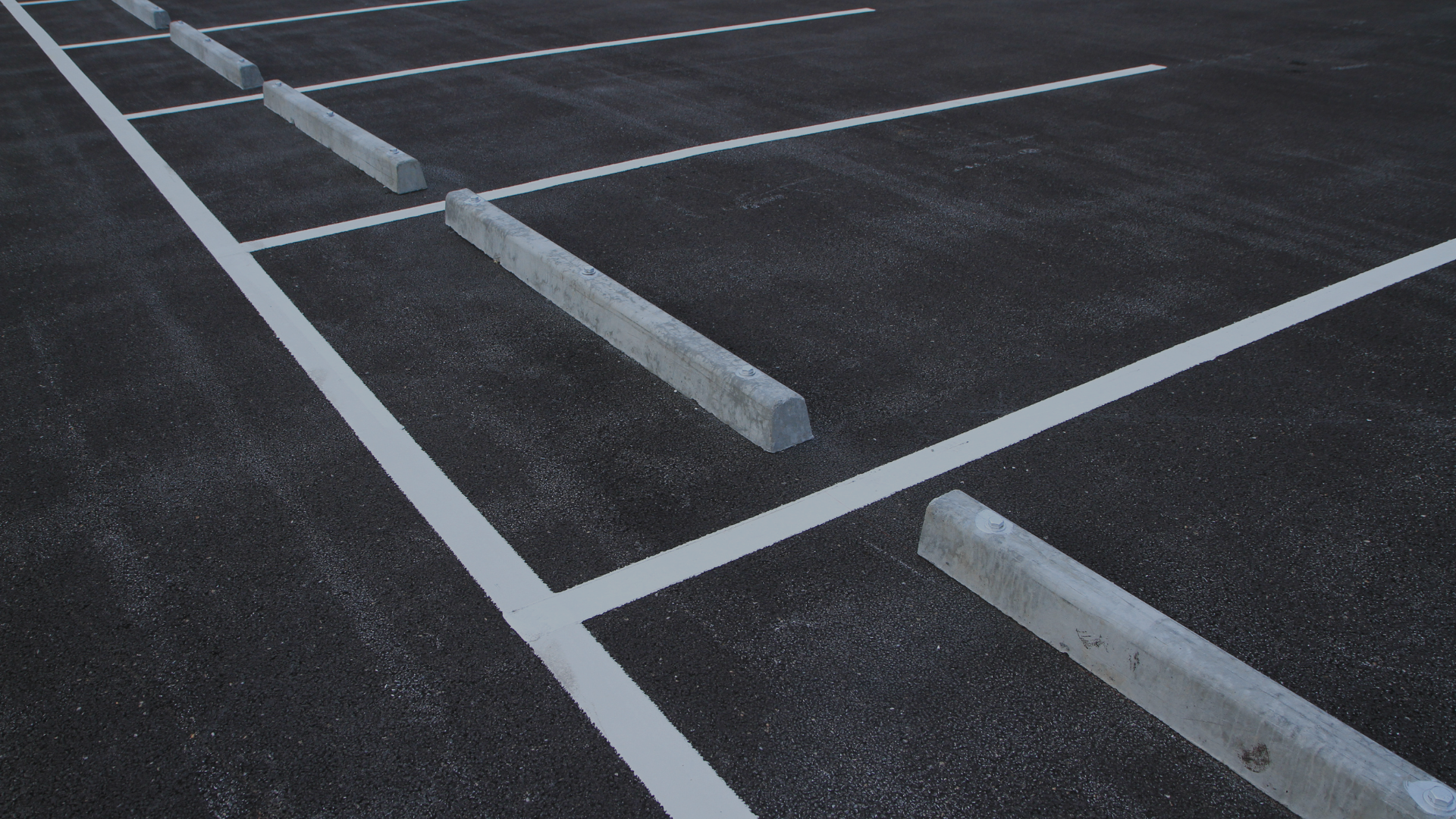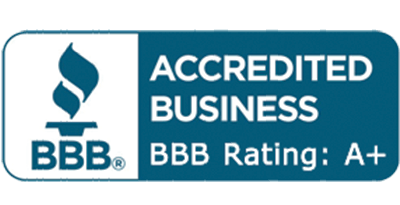
Concrete Resurfacing vs. Replacement: Which Option is Right for You?
Make an Informed Decision
Concrete is one of the most durable and versatile materials used in driveways, patios, walkways, and commercial surfaces. However, over time, exposure to weather, heavy traffic, and natural wear and tear can cause concrete to crack, chip, or discolor. When these issues arise, property owners face an important decision: Should they resurface the concrete or replace it entirely? At Salisbury Pro Sealers, we help customers determine the best approach based on their budget, needs, and the current condition of their concrete surfaces.
In this article, we will break down the differences between resurfacing and replacement, their benefits, and how to decide which is the right solution for your property.
What is Concrete Resurfacing?
Concrete resurfacing is a cost-effective method for repairing and refreshing existing concrete without having to remove and replace the entire surface. The process involves cleaning and prepping the concrete, filling in cracks and minor imperfections, and then applying a thin overlay of specialized concrete coating. This coating bonds to the original slab and creates a smooth, renewed, and durable surface.
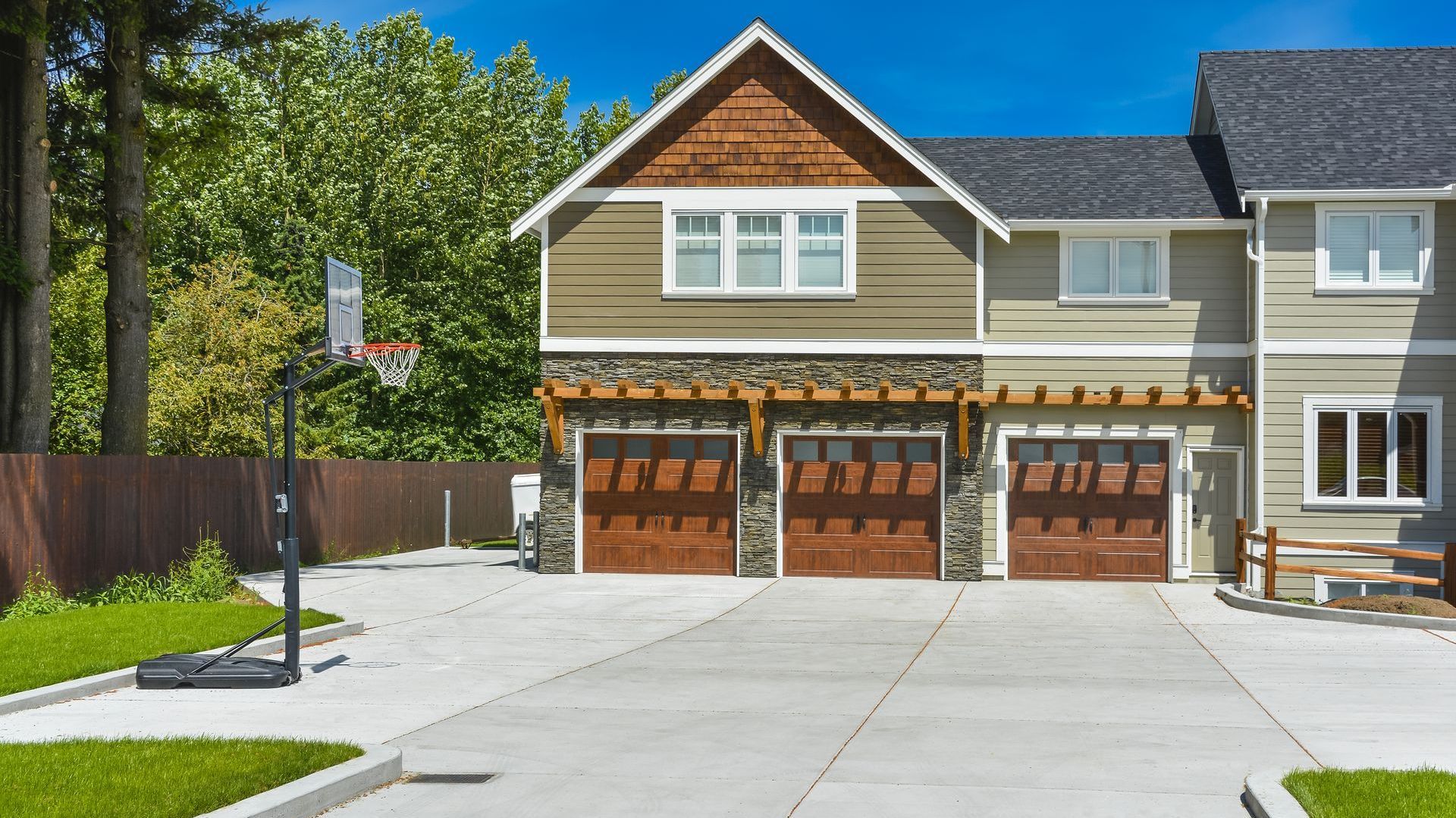
Advantages of Concrete Resurfacing
- Cost-Effective – Resurfacing is significantly less expensive than full replacement because it requires fewer materials and less labor.
- Time-Saving – The process is much faster than replacement, often completed in just a couple of days, depending on the project size.
- Aesthetic Enhancement – Resurfacing allows for decorative finishes, including stamped patterns, color customization, and texturing.
- Eco-Friendly – By reusing the existing slab, resurfacing reduces waste and minimizes the environmental impact.
- Durability – A properly resurfaced concrete surface can last for many years with the right maintenance and sealing.
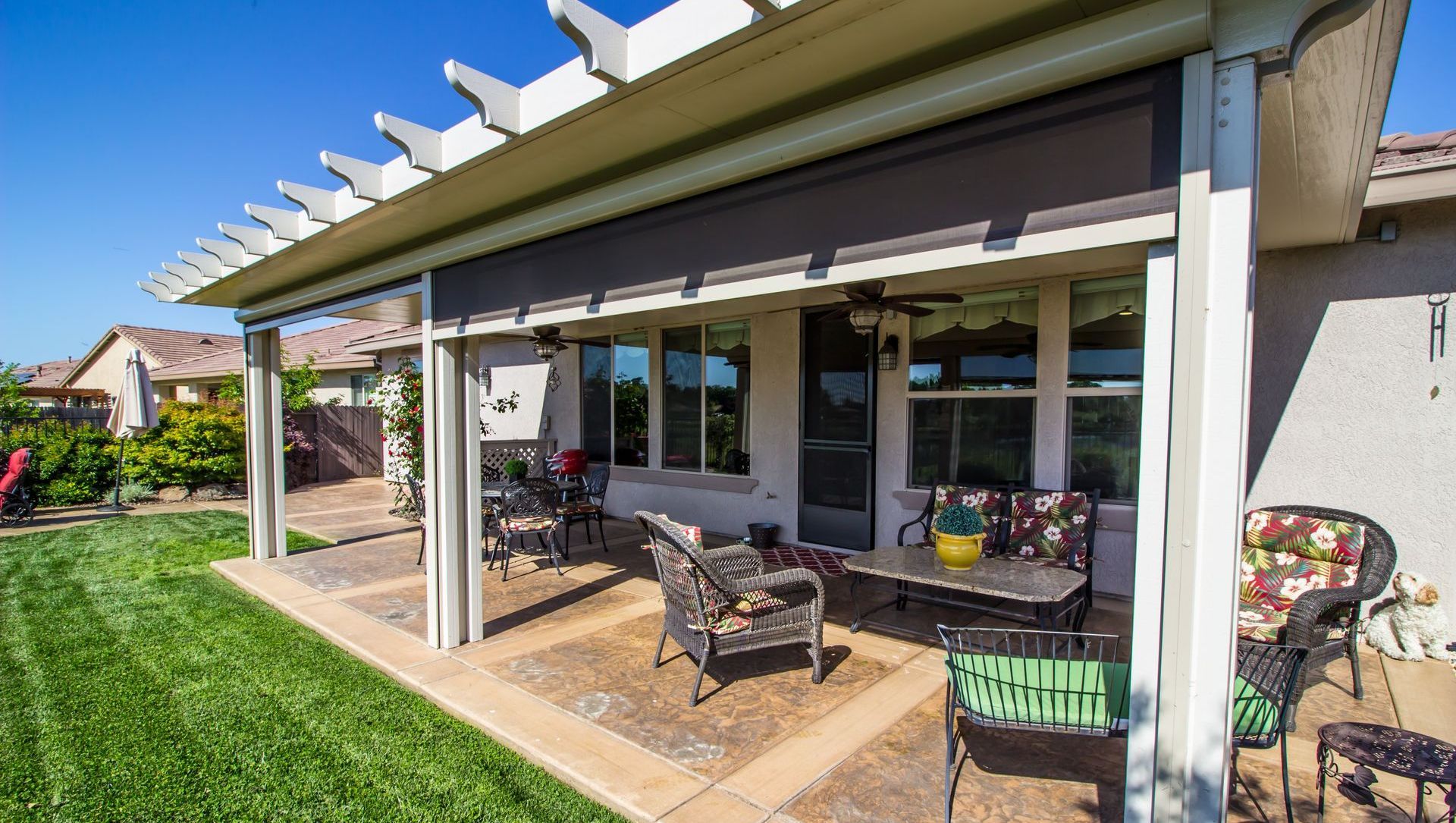
When is Resurfacing the Right Choice?
- Resurfacing is an ideal solution when the concrete is structurally sound but has surface-level imperfections such as:
- Minor cracks or chips that do not compromise the slab’s integrity.
- Discoloration from weathering, stains, or exposure to chemicals.
- Surface wear such as rough textures or minor pitting.
- Desire for a new look without the expense of full replacement.
- However, if the damage is deep or structural issues exist, resurfacing may only serve as a temporary fix.
What is Concrete Replacement?
Concrete replacement involves removing the existing concrete slab and pouring a new one. This process requires demolition, disposal of old concrete, preparing the subbase, and then pouring and curing a new slab.

Advantages of Concrete Replacement
- Long-Term Solution – A newly poured concrete slab will last decades when properly maintained.
- Structural Integrity – If the existing slab has serious cracks, sinking, or foundational issues, replacement ensures a solid and stable base.
- Customization – Fresh concrete can be stamped, colored, or textured for a modern, aesthetically pleasing finish.
- Eliminates Underlying Issues – If the original slab has drainage problems or poor subgrade preparation, replacement allows these issues to be corrected before pouring new concrete.
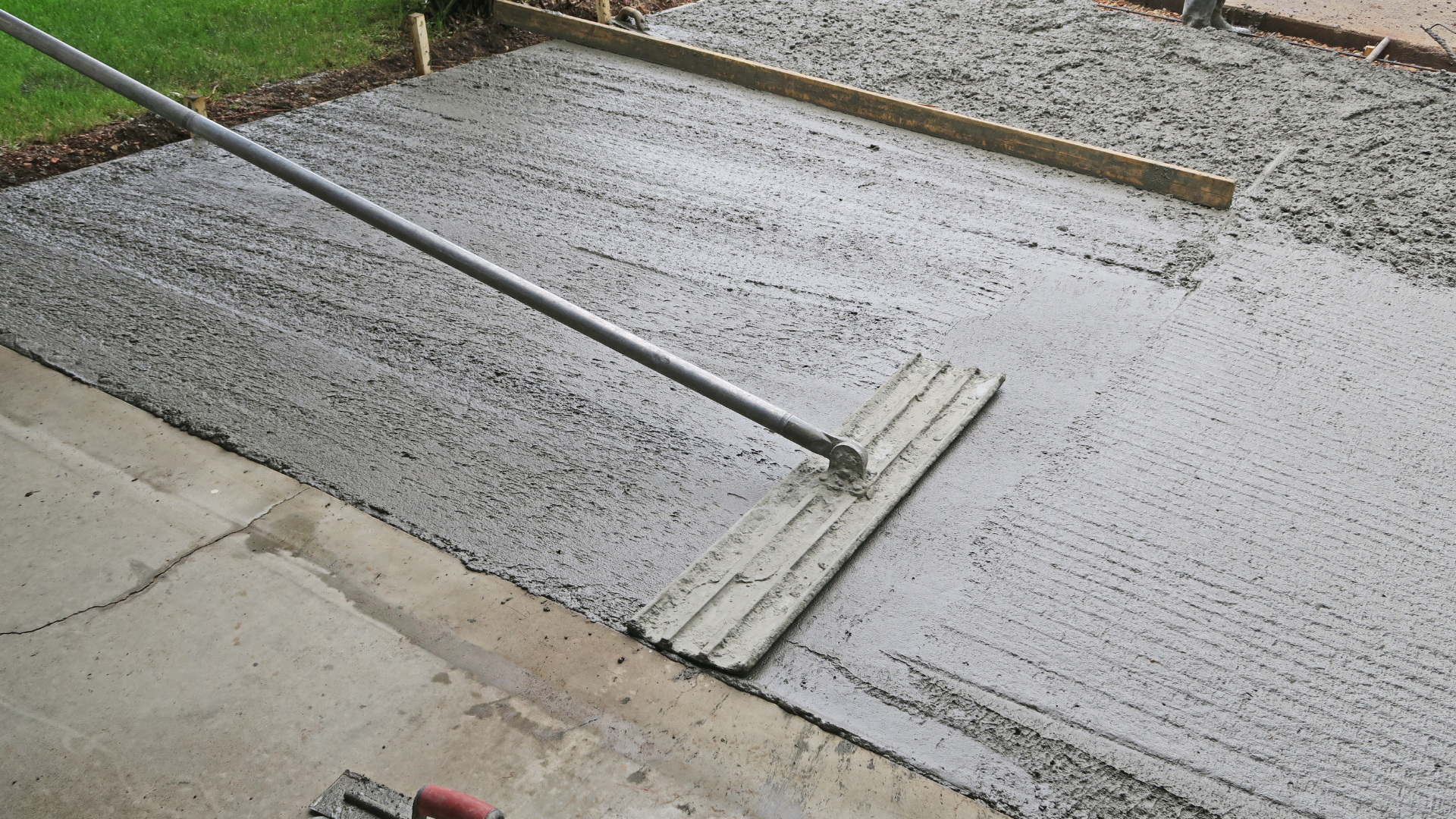
When is Replacement Necessary?
While resurfacing works well for minor damage, replacement is the best option in the following situations:
- Large, deep cracks that extend through the entire slab.
- Uneven or sunken concrete caused by poor subgrade preparation or soil erosion.
- Widespread spalling and scaling that compromises the slab’s integrity.
- Structural damage from heavy loads, earthquakes, or major impact.
- Extensive repairs needed that would cost as much as full replacement.
If the foundation beneath the concrete is unstable, simply resurfacing it will not address the root problem. In these cases, complete removal and replacement provide the most reliable, long-term solution.
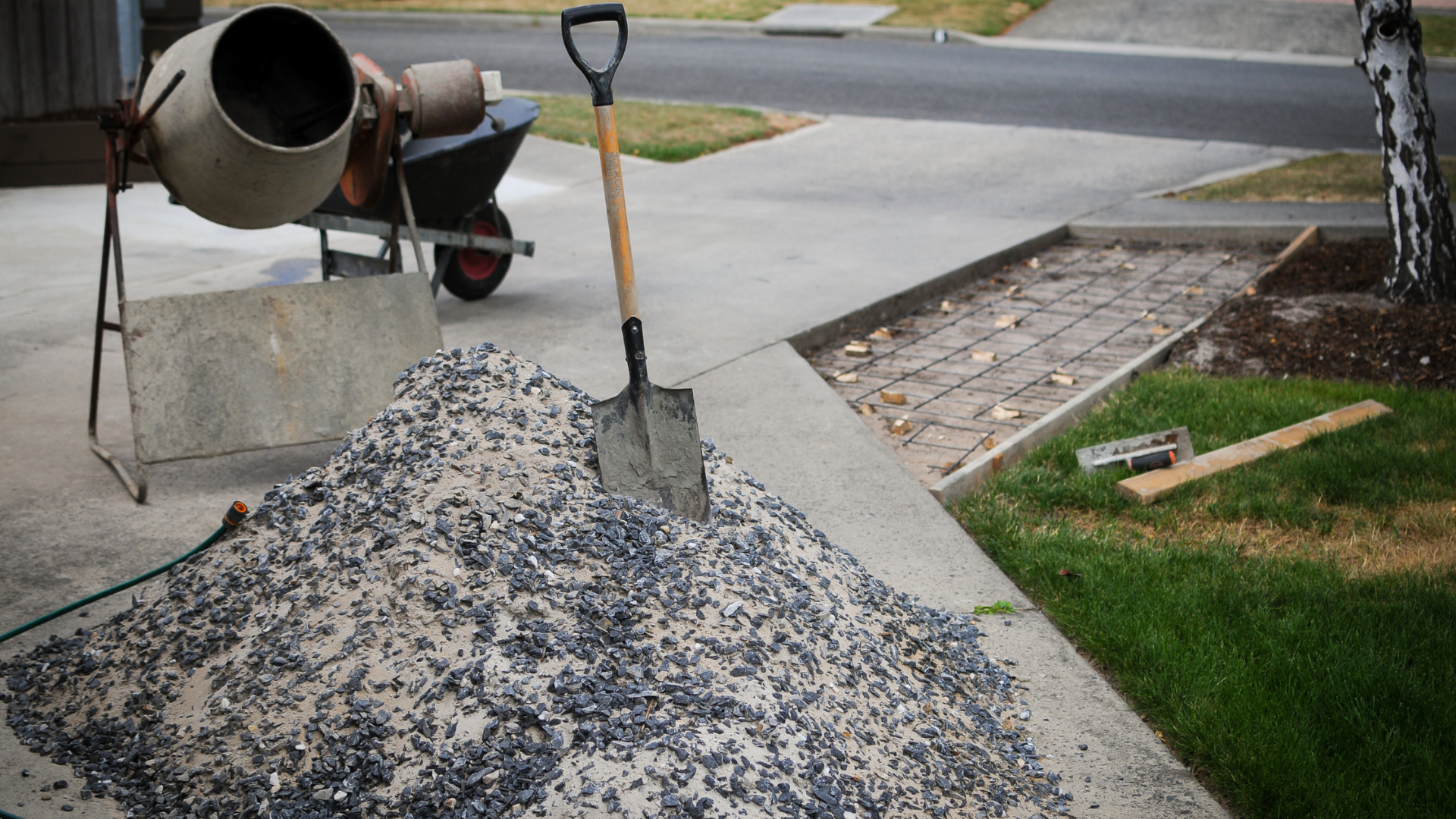
Making the Right Decision
Choosing between resurfacing and replacement depends on the extent of damage, budget, and long-term goals. Here is a simple guide to help you decide:
| Condition | Recommended Solution |
|---|---|
| Minor surface wear, small cracks, discoloration | Resurfacing |
| Major cracks, sinking, shifting concrete | Replacement |
| Wanting a decorative upgrade | Resurfacing |
| Drainage or foundational problems | Replacement |
| Extensive damage beyond 30% of the surface | Replacement |
If you are unsure about the best solution for your concrete, Salisbury Pro Sealers provides expert evaluations to assess your needs. Our specialists will determine whether resurfacing or replacement is the most effective and cost-efficient choice for your property.
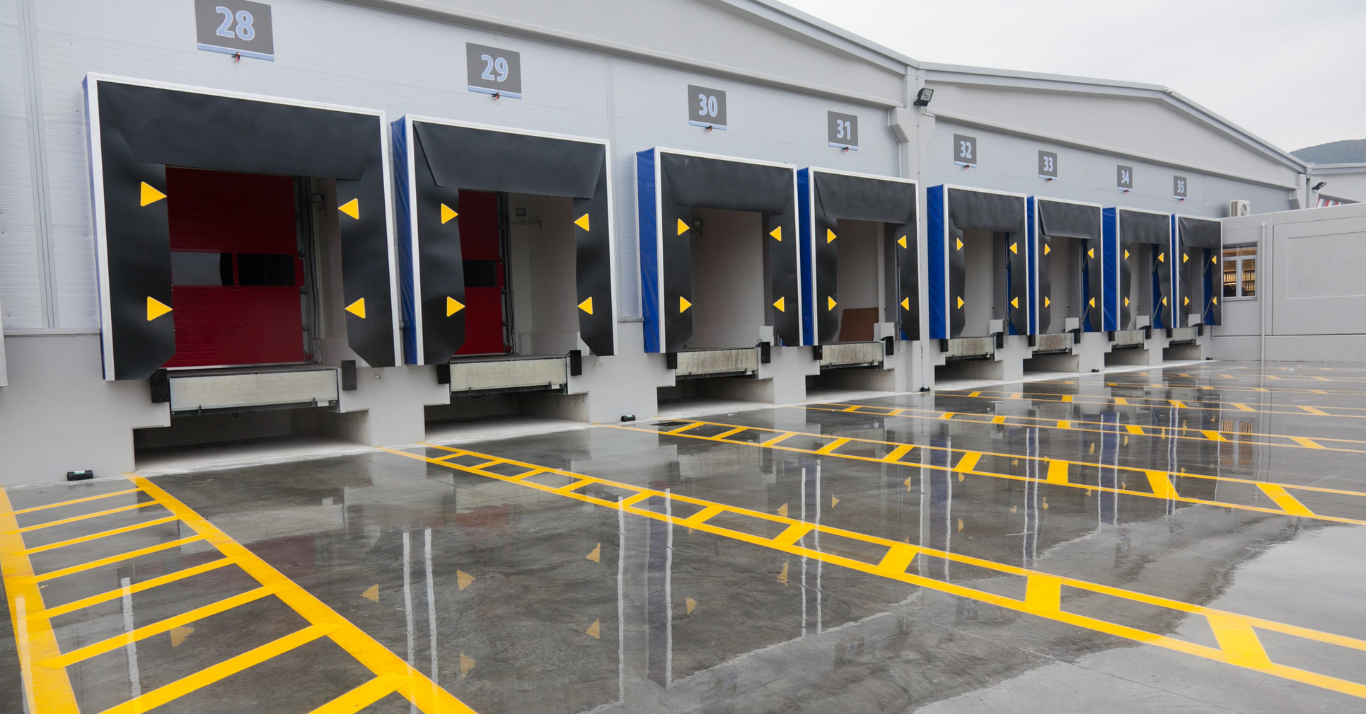
Extend the Life of Your Concrete with Proper Sealing
Whether you choose resurfacing or replacement, protecting your investment with professional concrete sealing is essential. Concrete is porous, meaning it absorbs moisture, stains, and chemicals that can degrade it over time. A high-quality sealer applied by Salisbury Pro Sealers will:
- Extend durability by preventing water penetration.
- Protect against stains from oil, chemicals, and other contaminants.
- Reduce maintenance needs and keep concrete looking fresh.

Trust Salisbury Pro Sealers for Your Concrete Needs
At Salisbury Pro Sealers, we specialize in both resurfacing and replacement, helping homeowners and businesses restore and protect their concrete surfaces. Our team uses high-quality materials and advanced techniques to ensure long-lasting results.
If you are noticing cracks, discoloration, or wear on your concrete surfaces, do not wait until the damage worsens. Contact Salisbury Pro Sealers today for a free consultation and let us help you determine the best solution for your property.
Call us now or visit our website to schedule an appointment!
